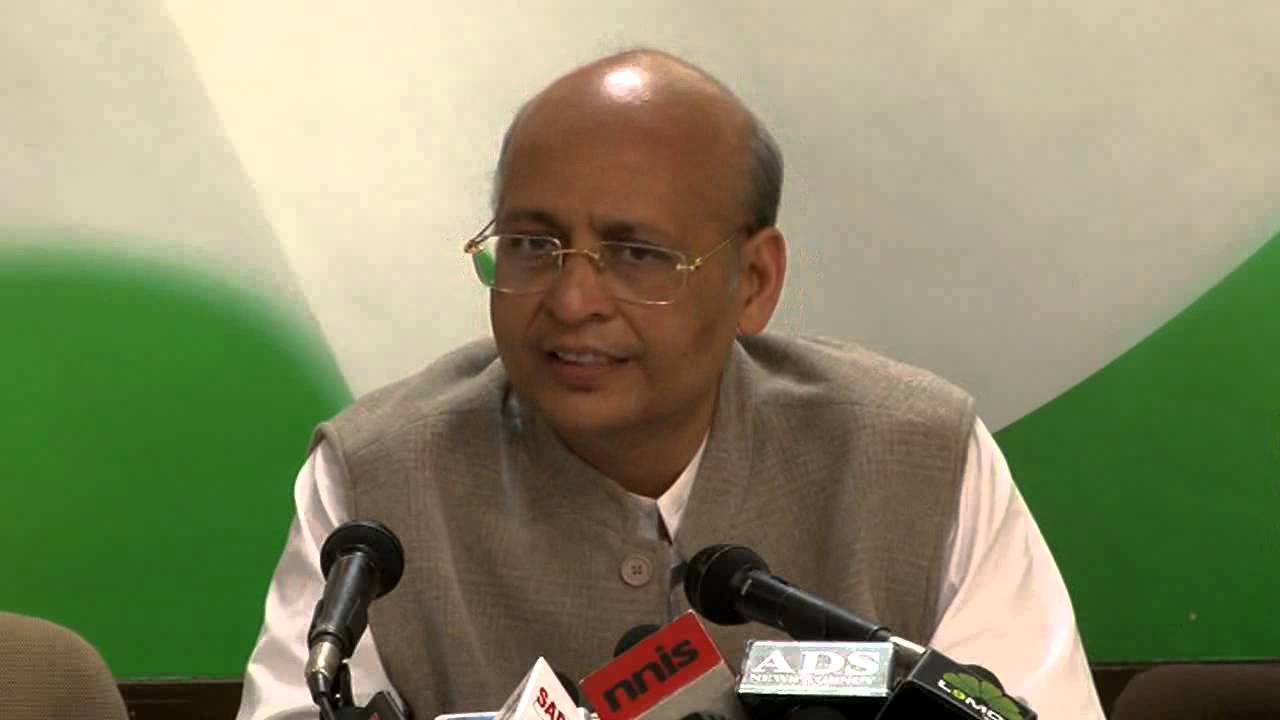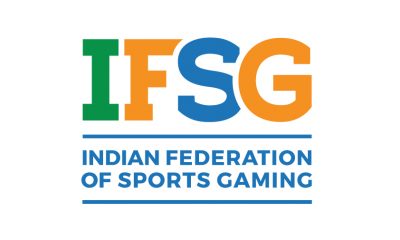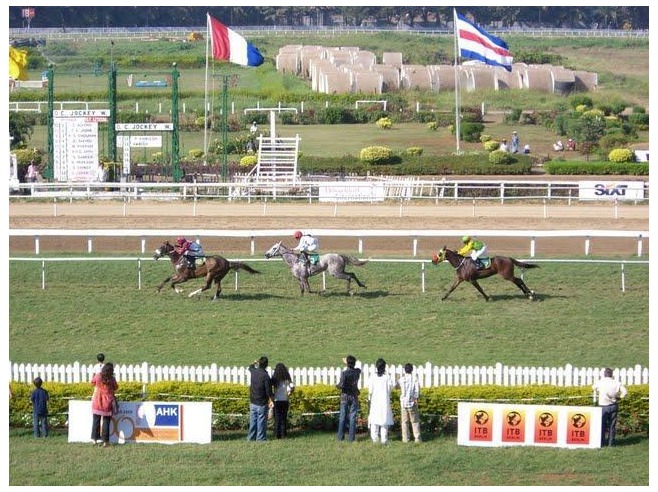Legal & Regulatory
Dr. Singhvi prevents 'hit wicket' as Adda52 poker for stakes matter withdrawn

Exclusive In what could be perceived as an anti-climax to the eagerly awaited Gaussian Networks v. Monica Lakhanpal & National Capital Territory of Delhi case, the Delhi High Court disposed the matter on 21st April, in light of several new developments in the games of skill industry and at the request of the parties.
Justice Indermeet Kaur while allowing the revision petition to be withdrawn, accepted the proposition that the case was instituted under Order 36 of the Code of Civil Procedure and was thus non-adversarial litigation, which was not intended to be binding on the parties. Justice Kaur also set aside the observations and the 2012 order of the Additional District Judge, New Delhi which ruled that online poker was a game involving chance and thus illegal.
Senior Advocate and Rajya Sabha Member of Parliament Dr. Abhishek Manu Singhvi (who incidentally also represented the online rummy companies in the Mahalakshmi Cultural Association matter), while appearing for Gaussian Networks contended that an opinion under Order 36 of CPC could not decide on rights in rem and in the instant case, a dispute arising out of a contract between the two parties could have wider ramifications. He further added that recent developments, including the withdrawal of the rummy for stakes Mahalakhsmi Cultural Association matter, favourable decisions for poker by the Calcutta and Karnataka High Courts and a Bill passed by the Nagaland legislative assembly recognising that games of skill can be commercially played affirmatively answered the questions raised in the petition.
Dr. Singhvi further said that in retrospect the filing of the petition was a ‘huge blunder’ to approach the court for an opinion and said the parties would be ‘hit wicket’ if there was a plausible negative verdict in the matter. He further contended from centuries there has been a common law exemption to games of skill which has also been etched in statutes of various states like Tamil Nadu, Andhra Pradesh etc., which he described as a ‘hallowed exemption’.
Lawyers appearing for both Gaussian Networks and Monical Lakhanpal contended that playing games of skill virtually through the internet also requires substantial amount of skill. It was also argued that playing games of skill virtually was less pernicious as there were no noxious circumstances like sale of liquor or other illegal activities, which was a possibility in case games of skill were played physically. The senior counsel also added that playing games of skill in physical locations might require police regulation, but that it was certainly not required in the virtual world.
Dr. Singhvi also apprised the court of judgements declaring rummy and betting on horse-racing to be games of skill and exempt from penal consequences of gaming legislations as well as the provision in the West Bengal Gambling and Prize Competition Act, 1957 which exempted the games of poker, rummy, bridge and nap from the definition of gambling.
He also added that various professional tournaments are organised for the game of poker and it is taught by top universities such as MIT and Harvard. He further noted that poker was recognised as a mind sport by the International Mind Sports Association (IMSA) and playing the game required nerves of steel and tremendous analytical skills.
Analysis
The setting aside of the adverse district court opinion by the Delhi High Court is a positive development for the skill games industry. Coupled with other developments such as partial recognition of the game of poker by a couple of High Courts and express recognition through a new statute by the Nagaland government, it is increasingly becoming clear that courts will uphold the legality of online skill games.
However, the fact that it took the parties three years to withdraw the matter and prevent a ‘hit wicket’ has only resulted in lawyers laughing all the way to the bank (much like the rummy for stakes matter).
Note: The copy of the order disposing the matter is not yet available. Detailed analysis of the order will be published soon after the order is uploaded.


















